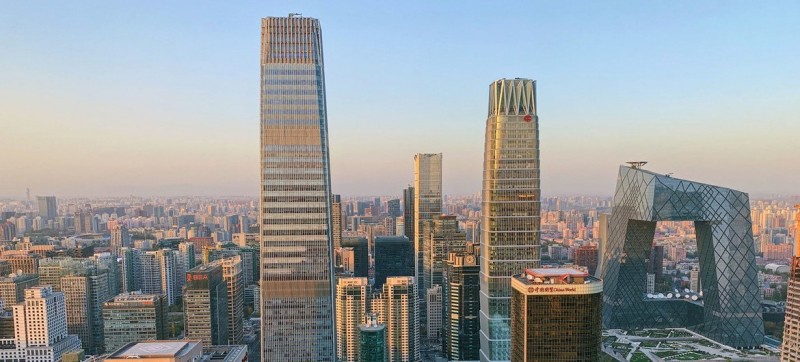Beijing, China’s capital. China must address grave human rights violations in the Xinjiang Uyghur Autonomous Region (XUAR), and the international community must not turn a blind eye, more than 40 UN independent experts said on Wednesday. Their statement follows the recent publication of a long-awaited report by the UN human rights office, OHCHR, which found that “serious human rights violations” had been committed against the Uyghur and other predominantly Muslim communities there. 
#Xinjiang report: 🇨🇳#China must address grave human rights violations & the world must not turn a blind eye, say UN experts.
👉https://t.co/efJT8hlmGY pic.twitter.com/8HfGtSg1mO
— UN Special Procedures (@UN_SPExperts) September 7, 2022
Support for UN report
In supporting the assessment, the experts highlighted the conclusion, which stated that “the extent of arbitrary and discriminatory detention of members of Uyghur and other predominantly Muslim minorities … may constitute international crimes, in particular crimes against humanity”.
They drew attention to the report’s findings of credible allegations of patterns of torture or ill-treatment.
These included forced medical treatment and adverse detention conditions, as well as incidents of sexual and gender-based violence such as invasive gynecological exams, and indications of coercive enforcement of family planning and birth control policies.
They also welcomed the attention given to widespread misuse of counter-terrorism and counter-extremism laws, policies and practice.
Policies restrict rights
The experts were particularly concerned that both UN human rights mechanisms, in tandem with the report, demonstrated that China’s policies and practices have limited the legitimate exercise of numerous human rights.
Among them is the right of religious and ethnic minorities to enjoy their own culture, to profess and practice their own religion, or to use their own language.
The experts said they “support all the recommendations made by the UN Human Rights Office,” while also offering support to facilitate their implementation.”
Human Rights Council session
They called on the Chinese Government to invite UN human rights mandate holders to the country, and affirmed their availability to undertake visits, as well as to provide technical assistance and support to the authorities.
The experts also repeated their call for the UN Human Rights Council to convene a special session on China, initially made in a June 2020 statement.
They said the session should be held “precisely because key issues of concern, especially arbitrary detention, enforced disappearances, restrictions to movement, privacy, freedom of religion, freedom of expression are occurring in other parts of the country premised on grounds of national security”.
The Human Rights Council should urgently consider establishing a mandate, or panel of experts, to closely monitor, analyse and report on the human rights situation in China, they added, while the UN General Assembly or Secretary-General should consider the creation of a special envoy.
They also urged UN Member States, UN agencies and businesses to demand that China fulfils its human rights obligations, including during their ongoing dialogues with the Government.
About UN independent experts
The group of experts who signed the statement consists of Special Rapporteurs or members of working groups who were appointed by the UN Human Rights Council in Geneva.
They have received mandates to monitor and report on various human rights concerns worldwide.
Independent experts operate in their individual capacities and are neither UN staff nor are they paid for their work.

